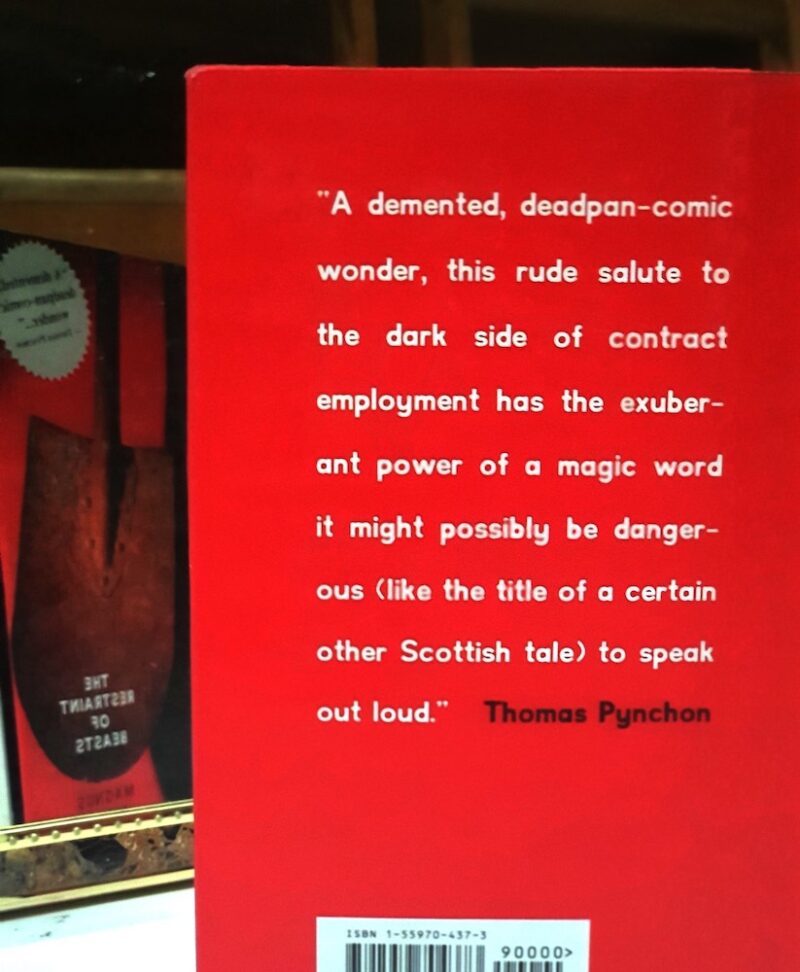A roman a clef is a work of fiction in which the plot is based on true events. Madeleine de Scudery is credited with writing the “roman a clef,” a term that translates to something like a semi-autobiographical novel. In it, the names and appearances of real individuals who inspired the tale are frequently changed into identifiable yet entirely fictitious characters.
According to the term’s definition, it means “novel with the key,” implying that a discerning reader can find hidden realities under the veneer of fiction using this key. Throughout the story, the characters with made-up names are based on actual individuals, and the “key” is the connection between the two. If you have the “key,” you can use it to open the historical secret that has been buried beneath those fictionalized people. There are two ways to create this literary key: explicitly by the author or implicitly by including epigraphs or other literary devices.
Romans a clef provide authors more creative flexibility and leeway than other literary forms—facts may be twisted to tell a better story. Its invention as a subgenre allows authors to keep the general public from knowing which public people’s actions and beliefs shaped a fictional storyline. It’s a chance for the author to communicate painful realities via real-life experiences while still safeguarding themselves against incrimination or to avoid writing anything that may be used as evidence against them in court.
The amount of fictionalization in a roman a clef novel can vary widely. It can contain stories that are written with autobiographical elements but without exposing their true subjects. One of the most famous examples is Primary Colors (1996) about a Bill Clinton campaign by an insider. Other examples are The Bell Jar (1963) by Sylvia Plath, On the Road (1957) by Jack Kerouac, and The Sun Also Rises (1926) by Ernest Hemingway.
Further Reading
3 Reasons to Write Your Story as Roman a Clef by Kellie McGann, The Write Practice
A Roman a Clef and its Aftermath by Warren Adler, Authorlink
The Inadvertent Roman-a-Clef: Not Writing a Novel About Daniel Pearl by Joshua Henkin, The Daily Beast
The Moral Hazards of the Roman a Clef by Keith McWalter, Mortal Coil




